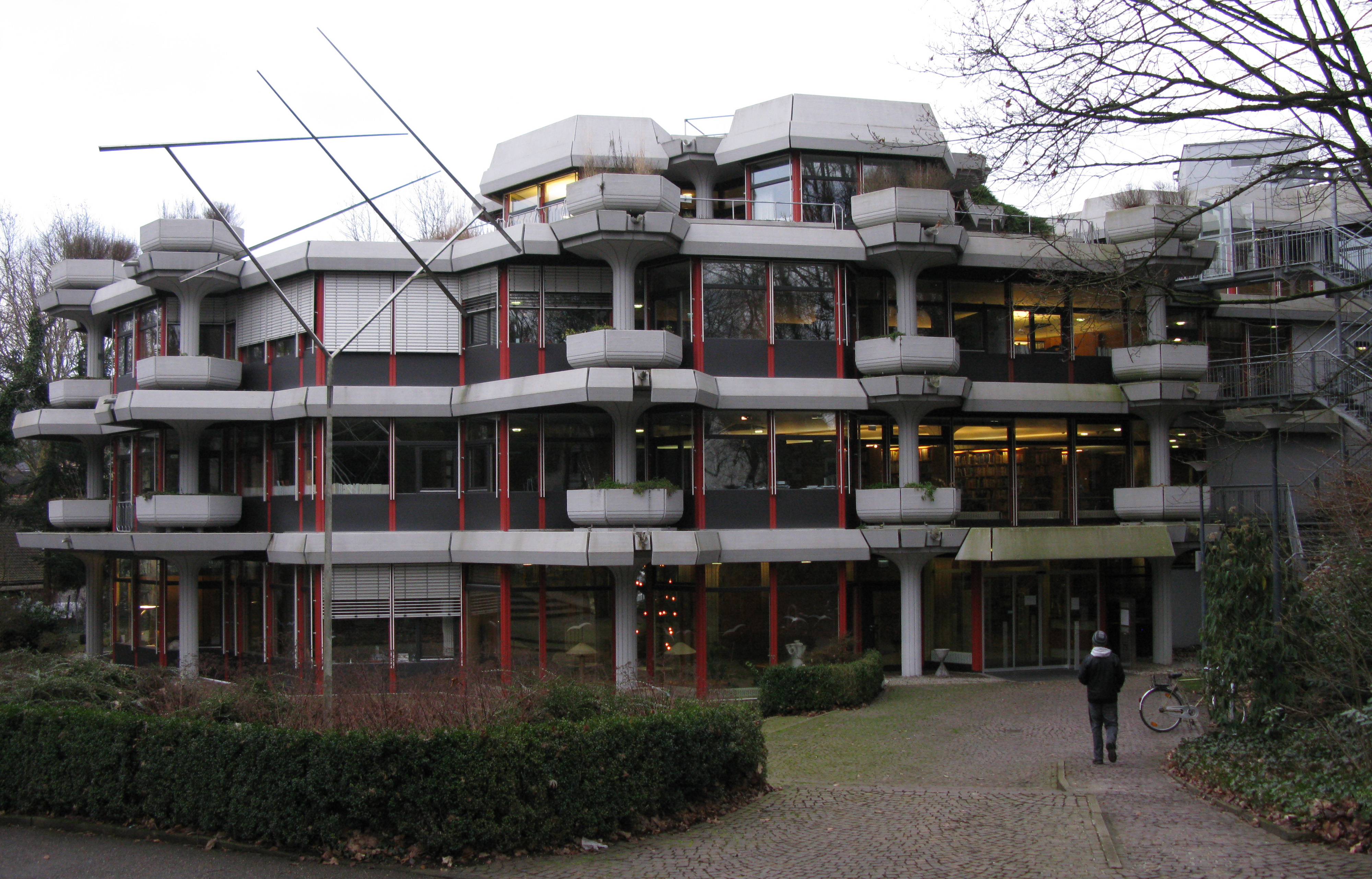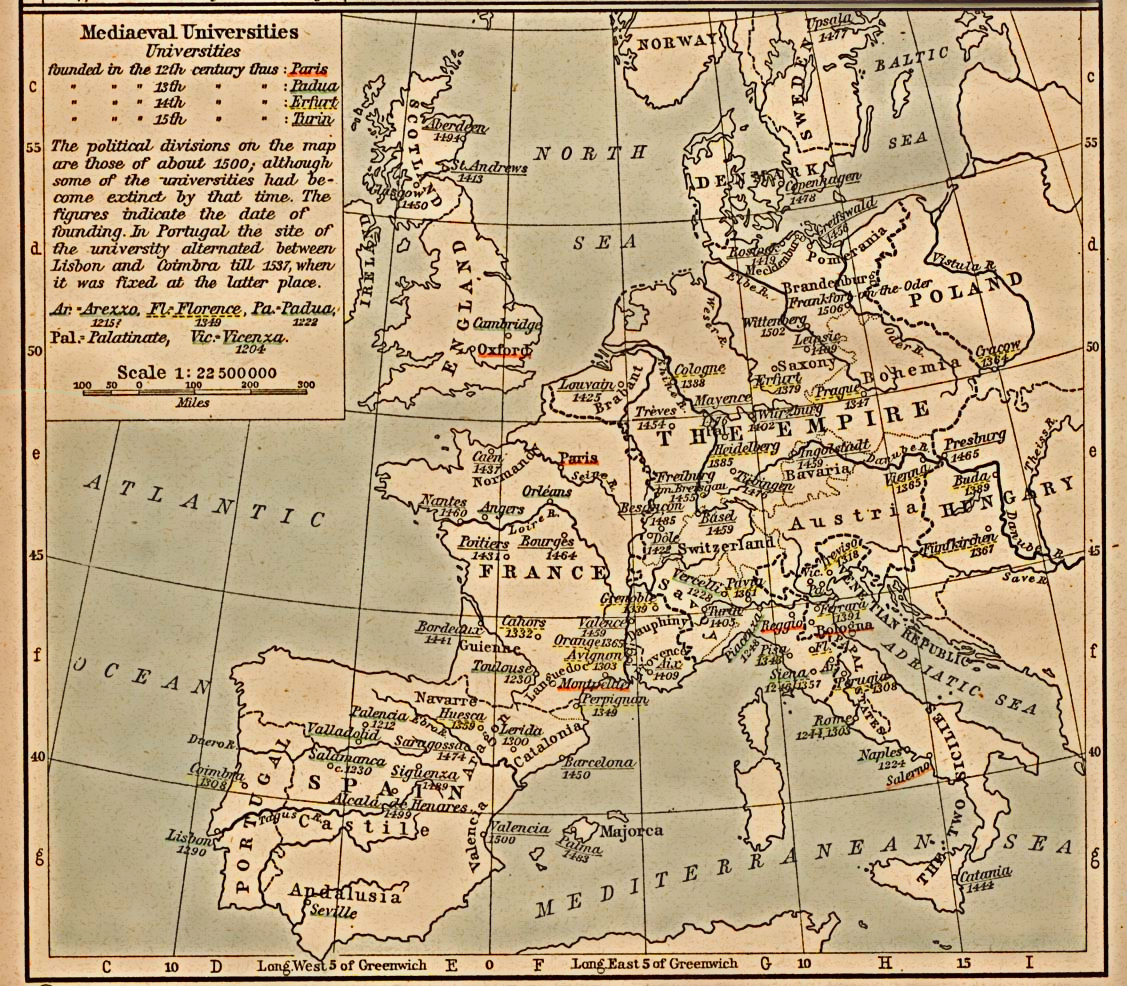|
Heinz Schöch
Heinz Schöch (born 20 August 1940) is a German Jurisprudence, Law professor and Criminology, Criminologist. He is emeritus professor for Criminal law, Criminology, Youth law and Corrections, sentencing at Ludwig Maximilian University of Munich, Munich University. Life Schöch was born in Bessarabia where his family were part of the Bessarabia Germans, ethnic German community. The region had been incorporated into the Soviet Union in June 1940, a couple of months before his birth, as part of the territorial carve-up envisaged in the Molotov–Ribbentrop Pact, non-aggression pact concluded between Hitler and Stalin the previous summer. Following the Heim ins Reich, ethnic cleansing of the early 1940s he ended up in the Flight and expulsion of Germans (1944–50), US occupation zone of Aftermath of World War II, postwar Germany. In 1959 Schöch Abitur, successfully concluded his schooling in Stuttgart, Bad Cannstatt (Stuttgart). He moved on to undertake a Studium generale, ... [...More Info...] [...Related Items...] OR: [Wikipedia] [Google] [Baidu] |
Sarata
Sarata (Ukrainian language, Ukrainian, Bulgarian language, Bulgarian, and ; ) is a Populated places in Ukraine#Rural settlements, rural settlement in Bilhorod-Dnistrovskyi Raion, Odesa Oblast (Oblasts of Ukraine, region) of south-western Ukraine. It is a part of the Bessarabian historic district of Budjak. Sarata hosts the administration of Sarata settlement hromada, one of the hromadas of Ukraine. Population: History Ottoman Period The Sarata river valley and other adjacent Moldavian territories became Ottoman in 1484 following the conquest of Bilhorod-Dnistrovskyi, Cetatea Albă (Turkish language, Turkish: Akkirman, Ukrainian language, Ukrainian: Bilhorod Dnistrovskyi) and Kiliia, Chilia by Bayezid II, Sultan Bayezid II. The Sarata is mentioned frequently in Ottoman tax registers of the 16th century but no settlement of that name is known prior to 1597. The valley belonged to an area in the Budjak endowed by Sultan Selim I for the benefit of Mecca and Medina acquired by him i ... [...More Info...] [...Related Items...] OR: [Wikipedia] [Google] [Baidu] |
Heim Ins Reich
The ''Heim ins Reich'' (; meaning "back home to the Reich") was a foreign policy pursued by Adolf Hitler before and during World War II, beginning in October 1936 ee Nazi Four Year Plan; Grams, 2021; Grams 2025 The aim of Hitler's initiative was to convince all ''Volksdeutsche'' (ethnic Germans) who were living outside Nazi Germany (e.g. in Austria, Czechoslovakia and the western districts of Poland) that they should strive to bring these regions "home" into Greater Germany, but also relocate from territories that were not under German control, following the conquest of Poland, in accordance with the Nazi–Soviet pact. The ''Heim ins Reich'' manifesto targeted areas ceded in Versailles to the newly reborn state of Poland, various lands of immigration, as well as other areas that were inhabited by significant ethnic German populations, such as the Sudetenland, Danzig (now Gdansk), and the southeastern and northeastern regions of Europe after 6 October 1939. Implementation ... [...More Info...] [...Related Items...] OR: [Wikipedia] [Google] [Baidu] |
Letizia Paoli
Letizia Paoli (born 24 October 1966) is a Criminology, criminologist, originally from Prato. Since 2006 she has been a professor of the Law Faculty at Katholieke Universiteit Leuven, Leuven/Louvain University. She served, between 2009 and 2016, as chair of the sometimes troubled "Freiburg Sports Medicine Commission" at University of Freiburg, Freiburg University. Paoli holds dual German-Italian nationality and lives in Belgium. She has published extensively, notably on international drugs trading. Life Paoli was born and grew up in Prato, a commercially dynamic city a short distance to the north-west of Florence in Italy. From 1990 she studied Political Sciences at University of Florence, Florence University, later moving on to the European University Institute (also in Florence) where she received her doctorate in 1997 in return for a piece of work entitled "The Pledge to Secrecy: Culture, Structure and Action of Mafia Associations". Her dissertation, which earned her a co ... [...More Info...] [...Related Items...] OR: [Wikipedia] [Google] [Baidu] |
Freiburg Im Breisgau
Freiburg im Breisgau or simply Freiburg is the List of cities in Baden-Württemberg by population, fourth-largest city of the German state of Baden-Württemberg after Stuttgart, Mannheim and Karlsruhe. Its built-up area has a population of about 355,000 (2021), while the greater Freiburg metropolitan area ("Einzugsgebiet") has about 660,000 (2018). Freiburg is located at the southwestern foothills of the Black Forest, on the Dreisam River, a tributary of the Elz (Rhine), Elz. It is Germany's southwestern- and southernmost city with a population exceeding 100,000. It lies in the Breisgau, one of Germany's warmest regions, in the south of the Upper Rhine Plain. Its city limits reach from the Schauinsland summit () in the Black Forest to east of the French border, while Switzerland is to the south. The city is situated in the major Baden (wine region), wine-growing region of Baden and, together with Offenburg, serves as a tourist entry-point to the scenic Black Forest. According ... [...More Info...] [...Related Items...] OR: [Wikipedia] [Google] [Baidu] |
Max Planck Institute For Foreign And International Criminal Law
The Max Planck Institute for the Study of Crime, Security and Law (German: Max-Planck-Institut zur Erforschung von Kriminalität, Sicherheit und Recht) is a non-university research institute located in Freiburg, Germany. The institute is part of the Max Planck Society and is conducting basic research into criminal law, criminology and public law. The Institute is currently headed by Jean-Louis van GelderDepartment of Criminology, Ralf PoscherDepartment of Public Law and Tatjana HörnleDepartment of Criminal Law. In 2019, the Institute had a total of 120 employees. The library comprises more than 500,000 titles and is one of the largest libraries in the area. Former directors are Albin Eser, Ulrich Sieber and Hans-Jörg Albrecht. Research profile The Max Planck Institute for the Study of Crime, Security and Law belongs to the Human Sciences Section of the Max Planck Society for the Advancement of Science, a formally independent non-governmental and non-profit association. Th ... [...More Info...] [...Related Items...] OR: [Wikipedia] [Google] [Baidu] |
Horst Schüler-Springorum
Horst Schüler-Springorum (15 October 1928 - 5 September 2015) was a German professor of jurisprudence. The focus of his work was on criminal justice. When he died a tribute in the news magazine ''Der Spiegel'' asserted that throughout his dultlife Horst Schüler-Springorum campaigned for prison reform and for an enlightened and intelligent approach to criminal justice. His best known publication, "Kriminalpolitik für Menschen" (''"Criminal Justice Policy for Human Beings"'') appeared in 1991. Life Horst Schüler-Springorum, whose father was a German export trader, was born in a village near TehranHeribert Prantl: ''Er rüttelte an den Gittern.'' Nachruf. In: ''Süddeutsche Zeitung'', 12. September 2015, p. 8. and grew up in Berlin. After the end of the Second World War he studied Political Sciences at Baltimore for a year in 1950/51 before returning to West Germany where he studied Jurisprudence at Frankfurt and Marburg. He received his doctorate in International law from ... [...More Info...] [...Related Items...] OR: [Wikipedia] [Google] [Baidu] |
University Of Zurich
The University of Zurich (UZH, ) is a public university, public research university in Zurich, Switzerland. It is the largest university in Switzerland, with its 28,000 enrolled students. It was founded in 1833 from the existing colleges of theology, law, medicine which go back to 1525, and a new Faculty (division), faculty of philosophy. Currently, the university has seven faculties: Philosophy, Medicine, Human Medicine, Economic Sciences, Law, Mathematics and Natural Sciences, Theology and Veterinary Medicine. The university offers the widest range of subjects and courses of any Swiss higher education institution. History The University of Zurich was founded on April 29, 1833, when the existing colleges of theology, the Carolinum, Zurich, ''Carolinum'' founded by Huldrych Zwingli in 1525, law and medicine were merged with a new faculty of Philosophy. It was the first university in Europe to be founded by the state rather than a monarch or church. Its Latin name is reminiscen ... [...More Info...] [...Related Items...] OR: [Wikipedia] [Google] [Baidu] |
Bielefeld University
Bielefeld University () is a public university in Bielefeld, Germany. Founded in 1969, it is one of the country's newer universities, and considers itself a "reform" university, following a different style of organization and teaching than the established universities. In particular, the university aims to "re-establish the unity between research and teaching", and so all its faculty teach courses in their area of research. The university also stresses a focus on interdisciplinary research, helped by the architecture, which encloses all faculties in one great structure. It is among the first of the German universities to switch some faculties (e.g. biology) to Bachelor's degree, bachelor's/master's degrees as part of the Bologna process. Bielefeld University has started an extensive multi-phase modernisation project, which is to be completed by 2025. A total investment of more than 1 billion euros has been planned for this undertaking. Campus The university is located in th ... [...More Info...] [...Related Items...] OR: [Wikipedia] [Google] [Baidu] |
University Of Göttingen
The University of Göttingen, officially the Georg August University of Göttingen (, commonly referred to as Georgia Augusta), is a Public university, public research university in the city of Göttingen, Lower Saxony, Germany. Founded in 1734 by George II of Great Britain, George II, King of Great Britain and Electorate of Hanover, Elector of Hanover, it began instruction in 1737 and is recognized as the oldest university in Lower Saxony. Recognized for its historic and traditional significance, the university has affiliations with 47 Nobel Prize winners by its own count. Previously backed by the German Universities Excellence Initiative, the University of Göttingen is a member of the U15 (German Universities), U15 Group of major German research universities, underscoring its strong research profile. It is also a part of prominent international and European academic networks such as Guild of European Research-Intensive Universities, The Guild, the ENLIGHT alliance, and the Hek ... [...More Info...] [...Related Items...] OR: [Wikipedia] [Google] [Baidu] |
Studium Generale
is the old customary name for a medieval university in medieval Europe. Overview There is no official definition for the term . The term ' first appeared at the beginning of the 13th century out of customary usage, and meant a place where students from everywhere were welcomed, not merely those of the local district or region. In the 13th century, the term gradually acquired a more precise (but still unofficial) meaning as a place that (1) received students from all places, (2) taught the arts and had at least one of the higher faculties (that is, theology, law or medicine) and (3) that a significant part of the teaching was done by those with a master's degree. A fourth criterion slowly appeared: a master who had taught and was registered in the Guild of Masters of a ' was entitled to teach in any other without further examination. That privilege, known as , was, by custom, reserved only to the masters of the three oldest universities: Salerno, Bologna and Paris. Their re ... [...More Info...] [...Related Items...] OR: [Wikipedia] [Google] [Baidu] |
Stuttgart
Stuttgart (; ; Swabian German, Swabian: ; Alemannic German, Alemannic: ; Italian language, Italian: ; ) is the capital city, capital and List of cities in Baden-Württemberg by population, largest city of the States of Germany, German state of Baden-Württemberg. It is located on the Neckar river in a fertile valley known as the ''Stuttgarter Kessel'' (Stuttgart Cauldron) and lies an hour from the Swabian Jura and the Black Forest. Stuttgart has a population of 632,865 as of 2022, making it the list of cities in Germany by population, sixth largest city in Germany, while over 2.8 million people live in the city's administrative region and nearly 5.5 million people in Stuttgart Metropolitan Region, its metropolitan area, making it the metropolitan regions in Germany, fourth largest metropolitan area in Germany. The city and metropolitan area are consistently ranked among the List of EU metropolitan regions by GDP#2021 ranking of top four German metropolitan regions, top 5 Europea ... [...More Info...] [...Related Items...] OR: [Wikipedia] [Google] [Baidu] |





